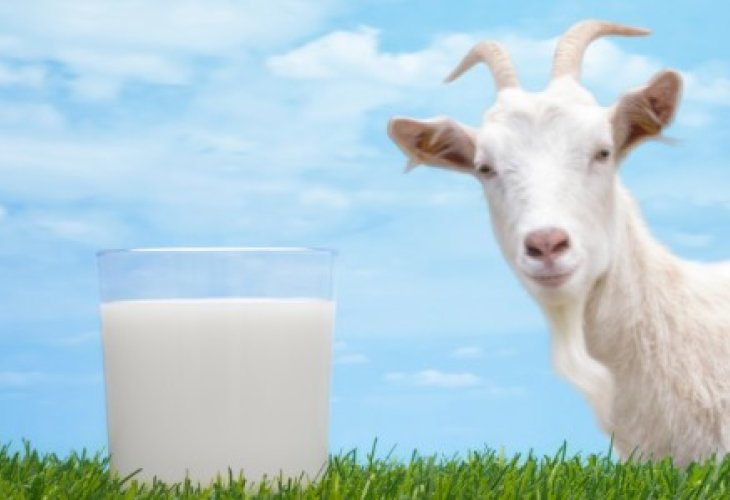Using Goat Milk for Mouth Sores? Know the Risks Involved
Hadassah Ein Kerem Hospital warns against using goat milk for treating mouth sores due to the risk of infection from unpasteurized milk. "The danger outweighs any potential benefit," claim the doctors.

Attention Parents: Do you treat your children's mouth sores by directly applying goat milk onto the affected area? Recent reports from Hadassah Ein Kerem Hospital in Jerusalem suggest it is dangerous.
The trigger for this announcement was a recent incident involving a three-year-old who contracted hand, foot, and mouth disease. The toddler's parents treated him by spraying goat milk directly into his mouth, a common practice even recommended by one of the doctors treating him.
While the child recovered from the initial illness, he later arrived at the hospital with a high fever and limping. Tests revealed he had contracted a severe bacterium called Brucella, commonly found in animals, resulting in brucellosis.
The disease is mainly transmitted to humans through consuming food contaminated with the bacterium, often non-pasteurized products such as milk or cheese.
It should be noted that there is no risk of transmission between the infected person and those in contact with them, as the bacterium is not spread from person to person.
Now, the hospital urges against using unpasteurized goat milk for treatment. "The risks of such a 'treatment' far outweigh the potential benefits because it involves a bacterium that can be extremely aggressive and affect various internal organs such as the heart, liver, and brain, and also cause bone inflammation. Eradicating it is very challenging," explains Dr. Rina Averbuch, a specialist in pediatric infectious diseases at Hadassah, in an interview with the 'Kikar Shabbat' website. "In some cases, it disappears only to return intermittently. We strongly oppose using goat milk to treat mouth sores and advise parents to avoid consuming unpasteurized milk."

